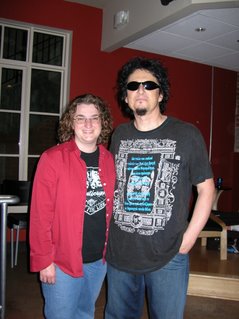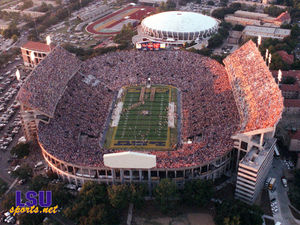Treasures
My parents are in final packing mode for moving from their old house to a new house. They have lived in their old house for over 25 years and all of us (with the exception of my sister Laura) are total packrats. So there is a lot of cleaning, purging, and packing to do.
While I was home for Thanksgiving, I worked on my room. My room had changed very little since the day I left for college, so it took several days to work through the bookshelves, cabinet, dresser, chest of drawers, under the bed, and the closet. I found some hilarious stuff, including hundreds of silly notes passed amongst my friends in high school, every middle school and high school research paper I had ever written, and a notebook of "stories" and "poems" I wrote in elementary school (there was even a musical, complete with book and lyrics). I even found $45 in old birthday cards!
The boxes in the garage took several hours, as well. Those were full of college and grad-school related items, including my senior design notebook, a paper entitled "Determination of Kinetic Parameters of Swine Waste Under Anoxic Conditions," and design drawings for an alligator feeder. Apparently, I made the highest grade on my CE7145 Aquaculture Filtration mid-term exam.
At the bottom of one box, underneath piles of binders, a dusty old notebook was buried. I tossed it without looking inside. Luckily, my dad looked in it before tossing because it was full of old baseball cards.
I found the NASA application that I began to complete but never finished and submitted.
I found a church bulletin from Easter 1998 with a phone message scribbled on it, "Call Mr. Sessions." That's the call that landed me in Washington, DC to work on Capitol Hill.
Four boxes and half a dozen bags of stuff was thrown out. And several boxes more were stacked in a corner for the planned garage sale. Some of it was junk. Some of it represented hundreds of hours of work. Some of it reflected the friends and family members that have most influenced my life. Typically, I hate cleaning. But this experience was more like a treasure hunt.





 Sacred Roads: Exploring the Historic Paths of Discipleship
Sacred Roads: Exploring the Historic Paths of Discipleship
